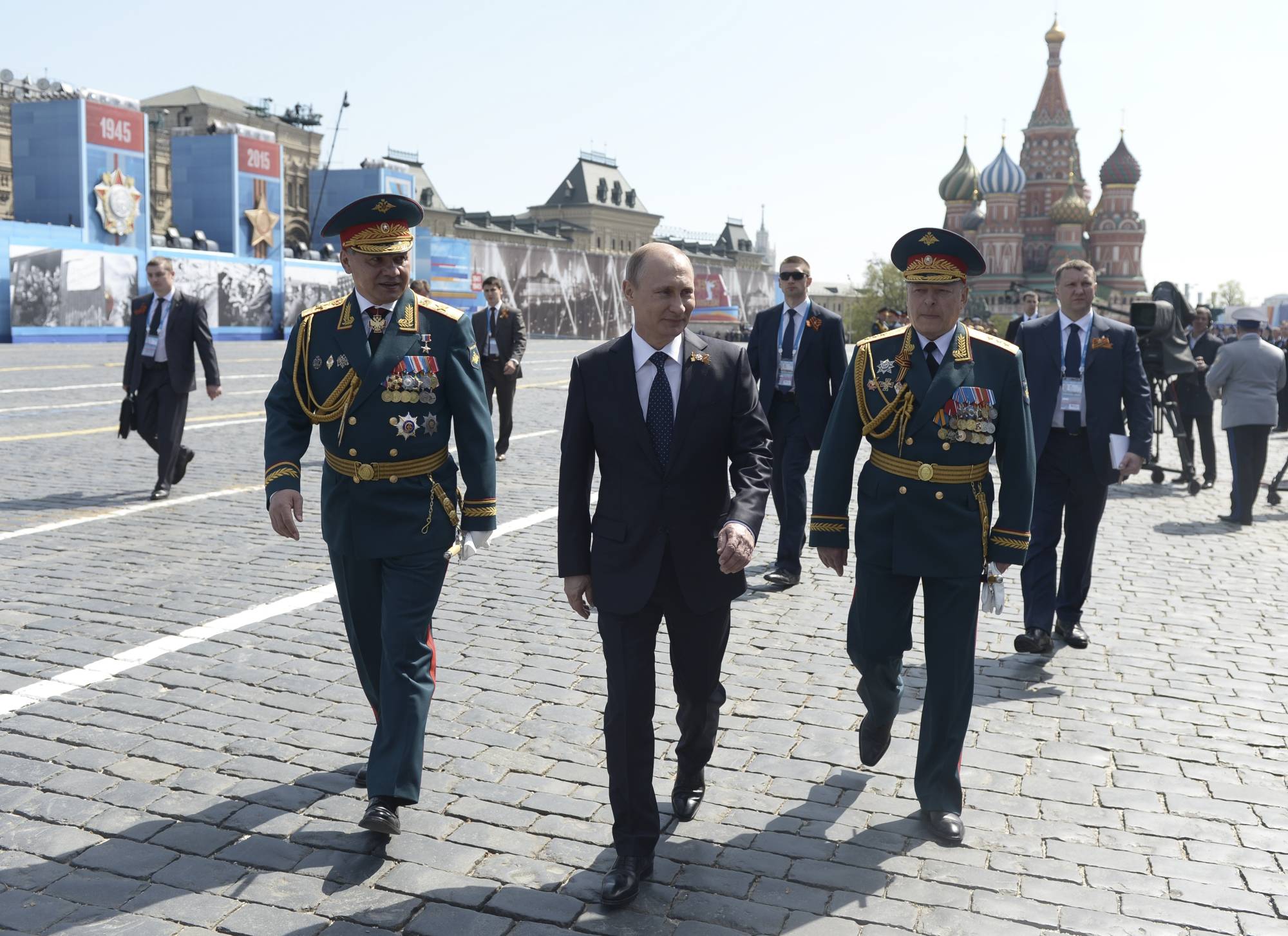Rather like children in playgrounds, countries throughout history have had to decide how to deal with a bully. Appease him in the hope that he becomes meek? Avoid provoking him, at the cost of acquiescing to his brutality? Or counter with strength and willpower to stop and contain him?
If the bully is Russian President Vladimir Putin, the latter is the only tenable answer. That’s what majorities of voters and legislators in Finland and pluralities in Sweden have understood in the past two months. Traditionally neutral, both countries are now moving fast toward joining NATO. They'll probably file coordinated applications in mid-May. If NATO is wise, the alliance will seal the deal at once.
Like each of the other four countries that are members of the European Union but not NATO — Austria, Ireland, Cyprus and Malta — Sweden and Finland have in the past had good reasons to remain unaligned. Sweden’s policy, like Switzerland’s neutrality, dates back centuries and used to be part of the country’s raison d’etat. Finland’s was a response to Soviet intimidation during the Cold War, a quid-pro-quo to remain nominally independent.



















With your current subscription plan you can comment on stories. However, before writing your first comment, please create a display name in the Profile section of your subscriber account page.